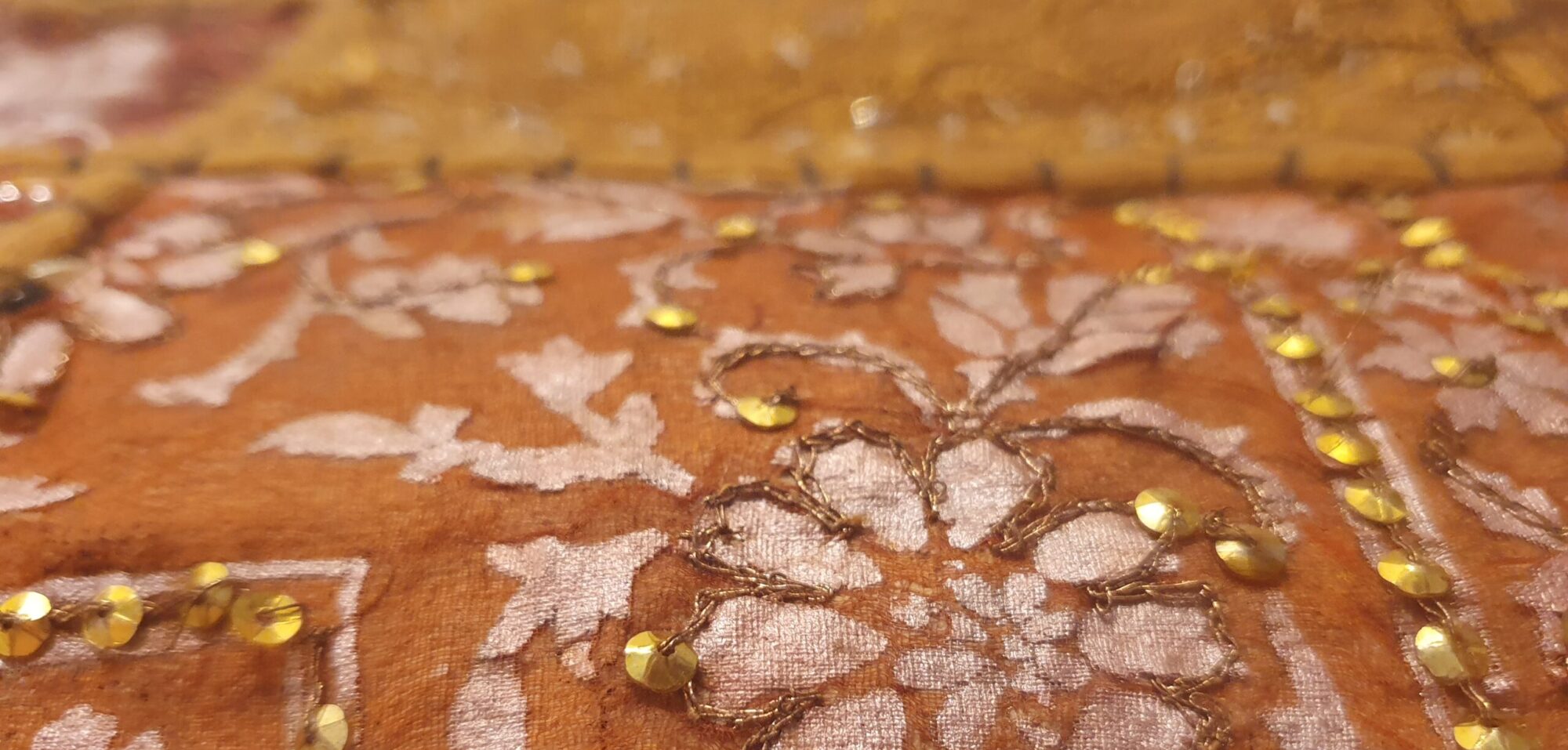Not long ago I heard an interview of a psychologist, Sonja Lyubomirsky, who recalled a dinner party conversation on New Year’s Eve:
“. . . we asked each other the question, what is the best event that happened that year and what was the worst thing that happened to us that year? For most people, the best and the worst event was the same thing. It was like someone got laid off from a job but then they got an even better job, or they broke up a relationship but now they’re happier or they’re in a better relationship. So yeah, it really has always struck me how that showed that the best thing and the worst thing can be the same thing.”
It’s paradoxical, the intertwining of best and worst. I believe Lyubomirsky is right, and yet I’ll still go to some trouble to avoid life’s worst things. I still hope they never happen.
But of course, they do happen. We hit rough patches, disaster strikes, we take a fist to the face, and those moments reveal the truth in the paradox of bad things: that they never stand alone. Good and bad things are bound up together. Nothing lasts forever.
In moments when you’ve been knocked around and flung off course, that’s when you’ll know for sure who and what will catch you when you fall. That’s when you’ll know you’re stronger than a punch in the face. That’s when you become the person who survived it, dusted herself off and lived to tell the tale from a position of greater confidence, self-knowledge and power.
Last year when things were really quite hard I came across an affirmation that stuck with me. It goes something like, “everything will be OK in the end, and if things aren’t OK, then it’s not the end”. It matters that the story keeps unfolding, that there are twists and turns in the path ahead. When things are not OK, the paradox of bad things is like a promise that good things are coming. Just wait. They’re coming.
